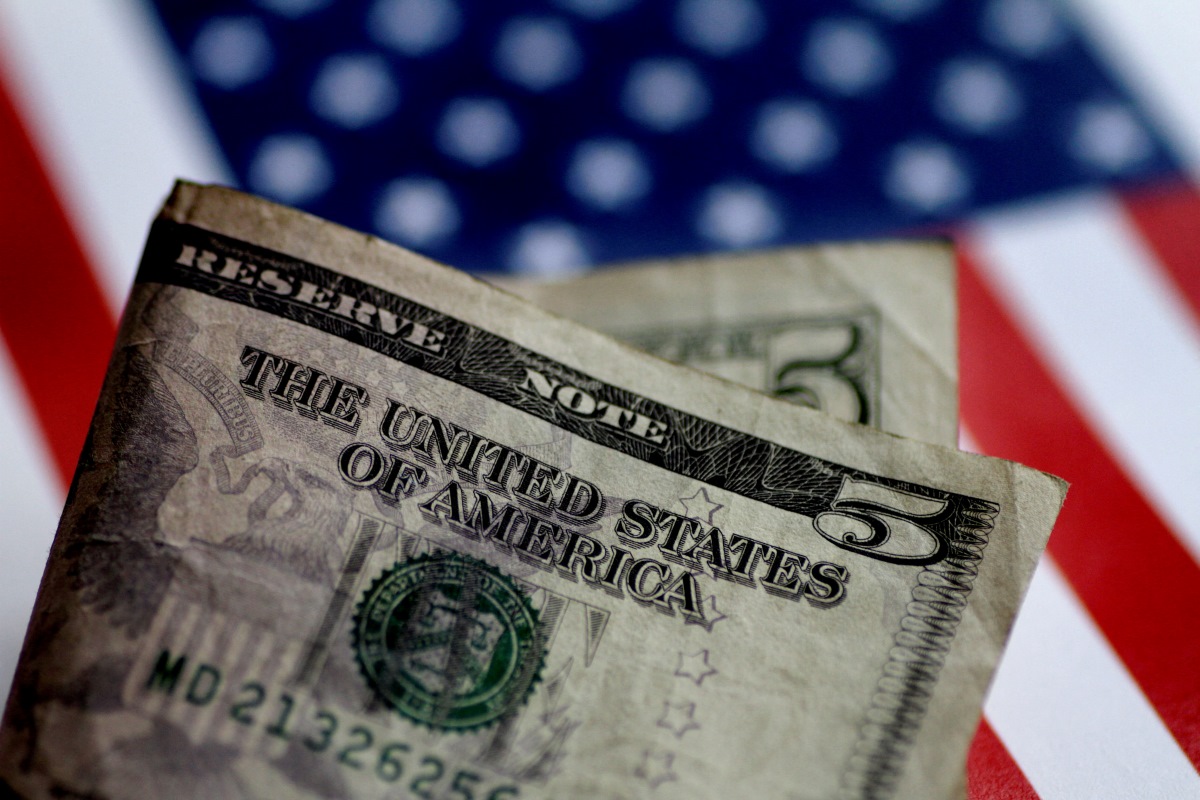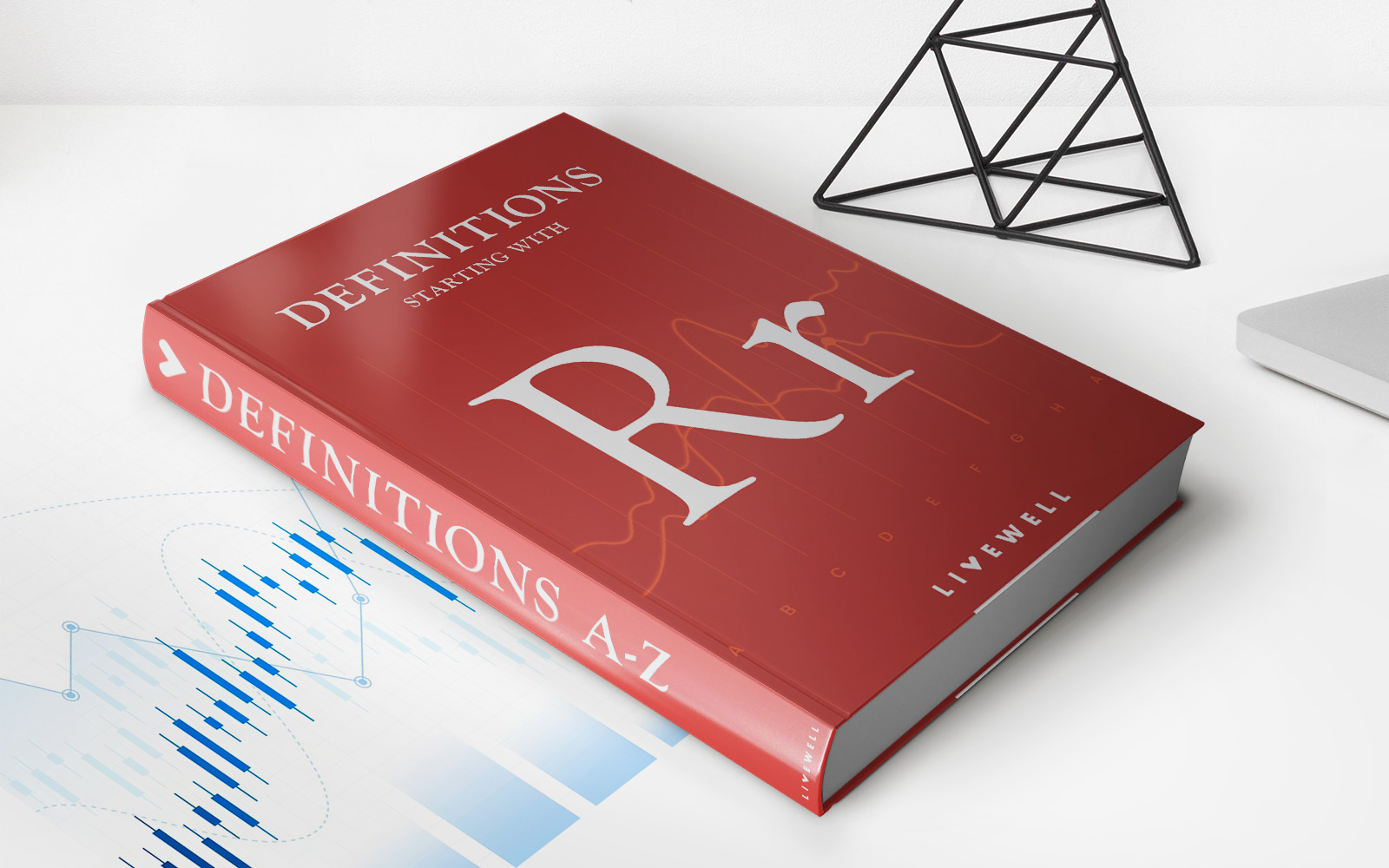Home>Finance>Insider Information: Definition, Example, Illegality


Finance
Insider Information: Definition, Example, Illegality
Published: December 10, 2023
Learn the details of insider information in finance, including examples and the legal implications. Understand the definition and the consequences of using insider knowledge.
(Many of the links in this article redirect to a specific reviewed product. Your purchase of these products through affiliate links helps to generate commission for LiveWell, at no extra cost. Learn more)
Insider Information: Definition, Example, Illegality
Welcome to the FINANCE section of our blog! Today, we are diving into the fascinating world of insider information. Have you ever wondered what insider trading is and why it’s considered illegal? If so, you’ve come to the right place. In this blog post, we will provide you with a clear definition of insider information, share an example to help you understand it better, and discuss its illegality.
Key Takeaways:
- Insider information refers to non-public, confidential information that gives an individual an advantage in the financial markets.
- It is illegal to trade stocks or securities based on insider information, as it undermines the fairness of the market.
What is Insider Information?
Insider information, also known as non-public information, is confidential knowledge about a publicly-traded company that has not been made available to the general public. This information can include details about upcoming financial results, mergers and acquisitions, regulatory approvals, or any other significant news that could impact the company’s stock price.
Individuals who possess this kind of insider information often have an edge over other investors in making informed decisions about buying or selling securities. They can leverage this knowledge to potentially profit from the stock market. However, using this information to gain an unfair advantage is strictly prohibited by law.
An Example to Help You Understand
Let’s imagine you have a friend who works at a pharmaceutical company. One day, your friend tells you that the company has just received approval from the Food and Drug Administration (FDA) for a groundbreaking new drug. This news has not yet been made public, and the stock market is unaware of this development.
Armed with this insider information, you decide to buy shares of the pharmaceutical company before the news is announced. Once the news breaks, the company’s stock price skyrockets, allowing you to sell your shares at a significant profit. In this scenario, you have engaged in illegal insider trading by using non-public information for personal gain.
The Illegality of Insider Trading
Insider trading is illegal because it undermines the fairness and integrity of the financial markets. All investors should have equal access to information when making investment decisions. When some individuals have access to confidential information that others do not, it creates an unlevel playing field, making the market unfair and potentially damaging to the economy.
The Securities and Exchange Commission (SEC) and other regulatory bodies have strict laws in place to combat insider trading. These laws impose severe penalties, including hefty fines and imprisonment, on individuals who engage in illegal trading based on insider information.
Conclusion
Insider information refers to confidential knowledge about a publicly-traded company that is not available to the general public. Using this kind of information for personal gain through trading securities is illegal and undermines the fairness of the financial markets. Regulators are vigilant in their efforts to uncover and prosecute those involved in insider trading, aiming to protect the integrity of the market for all investors.
Remember, lawful and ethical trading practices are essential for a healthy and transparent financial system. Let’s all strive to play by the rules and contribute to a fair and thriving market.














